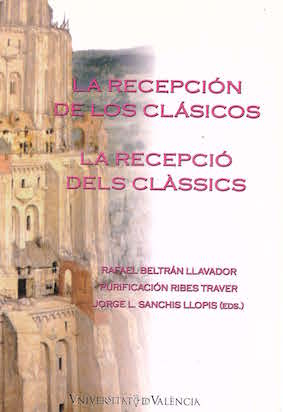Pervivències del mite antic a la cançó demòtica grega: possibilitats i exemples
DOI:
https://doi.org/10.7203/qf-elit.v10i0.5098Keywords:
Myth, Survivals, Greek demotic song, Modern Greek folk literature Abstract
Abstract
To the Greek literary genre known as "dhmotikov tragouvdi", “demotic song”, belongs a great number of anonymous popular songs, with an average length of thirty verses, generally narrative in character, and not easily determined as belonging to a concrete historical period. Although the latest periods of splendor were those of the 17th and specially 18th centuries, we can assume that the roots of this genre reach back to the Antiquity. Starting from this premise, in some demotic songs –the so-called "paralogev" – vestiges of ancient Greek myths can be detected; this paper tries to approach this genre, as a reflection on the literary character of Greek myth, and its survival or resurgence, based on a series of samples with the corresponding translations.
 Downloads
Downloads
Downloads
Published
How to Cite
-
Abstract280
-
PDF (Español)105
Issue
Section
License
 Este obra está bajo una licencia de Creative Commons Reconocimiento-NoComercial-SinObraDerivada 4.0 Internacional.
Este obra está bajo una licencia de Creative Commons Reconocimiento-NoComercial-SinObraDerivada 4.0 Internacional.
Authors who publish with this journal agree to the following terms:
- Authors retain copyright and grant the journal right of first publication with the work simultaneously licensed under a Creative Commons Attribution License that allows others to share the work with an acknowledgement of the work's authorship and initial publication in this journal.
- Authors are able to enter into separate, additional contractual arrangements for the non-exclusive distribution of the journal's published version of the work (e.g., post it to an institutional repository or publish it in a book), with an acknowledgement of its initial publication in this journal.
- Authors are permitted and encouraged to post their work online (e.g., in institutional repositories or on their website) prior to and during the submission process, as it can lead to productive exchanges, as well as earlier and greater citation of published work (See The Effect of Open Access).



